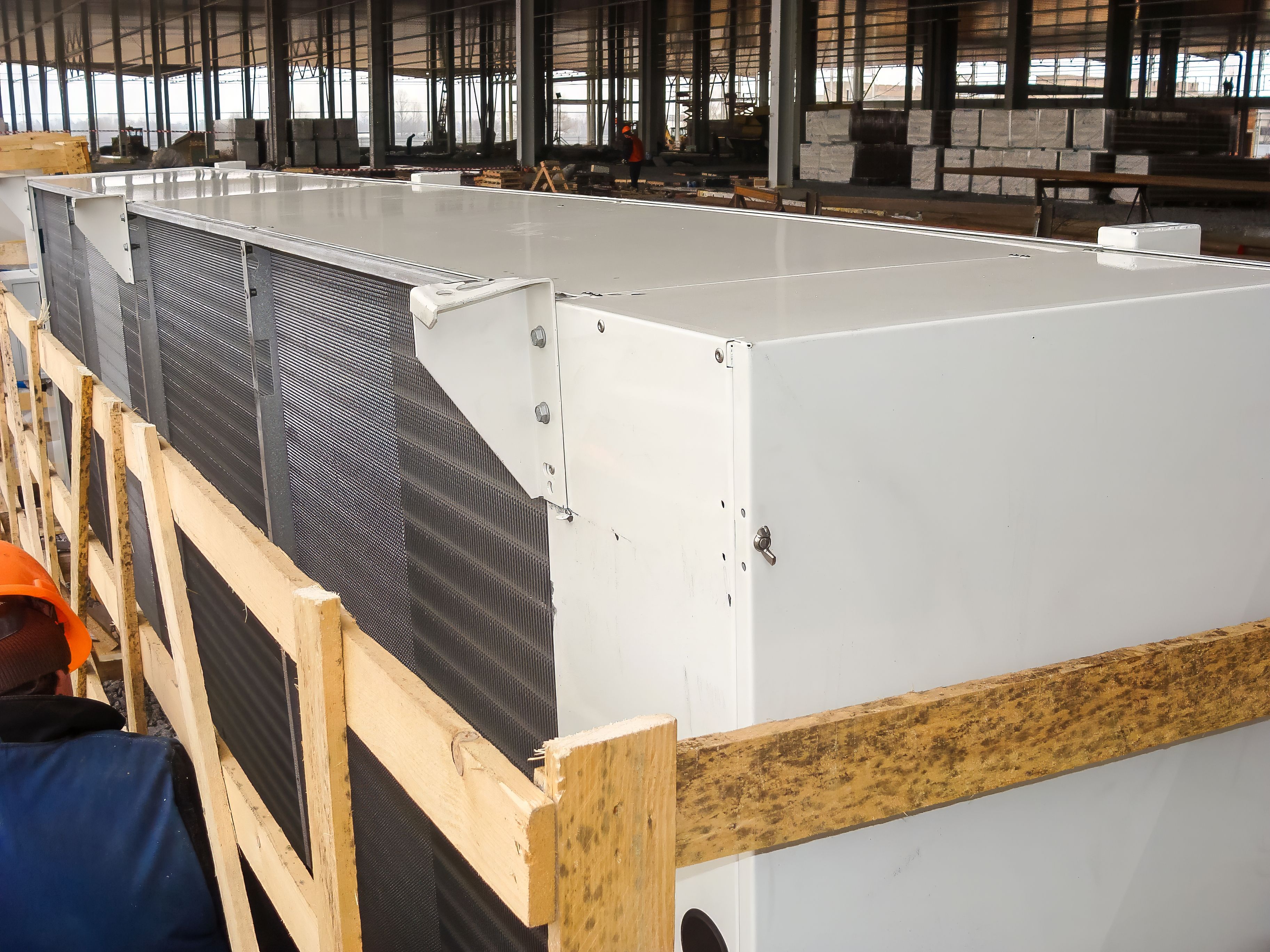The Ultimate Guide to Industrial HVAC Solutions in Delhi
Understanding Industrial HVAC Systems
Industrial HVAC systems are critical for maintaining optimal conditions in manufacturing facilities, warehouses, and other large commercial spaces. These systems are designed to control temperature, humidity, and air quality, ensuring a safe and comfortable environment for both workers and equipment. In Delhi, where temperatures can vary significantly throughout the year, an efficient HVAC solution is essential for industrial operations.
Industrial HVAC systems differ from residential ones in terms of size, complexity, and capacity. They are engineered to handle larger volumes of air and often include components such as rooftop units, large air handlers, and advanced filtration systems. Understanding these components is key to selecting the right system for your facility.

Key Components of Industrial HVAC Systems
An industrial HVAC setup consists of several essential components. These include:
- Air Handling Units (AHUs): These units are responsible for conditioning and circulating the air within the building.
- Chillers: Used to cool water that is then circulated through the facility's air handling units.
- Boilers: Essential for heating applications, especially during Delhi's cooler months.
- Ductwork: A network of passages that distribute conditioned air throughout the building.
Each component plays a critical role in ensuring the system operates efficiently and meets the specific needs of your industrial space. Regular maintenance of these components is essential to avoid costly downtime and repairs.
Choosing the Right Industrial HVAC Solution
When selecting an HVAC system for your industrial facility in Delhi, consider factors such as the size of your space, the nature of your operations, and energy efficiency. A system that is too small may not effectively heat or cool your space, while an overly large system can lead to unnecessary energy consumption and higher costs.
It's also important to work with a reputable HVAC provider who can perform a thorough assessment of your facility's needs and recommend the best solution. This includes evaluating your building's layout, insulation, and existing infrastructure.
Energy Efficiency in Industrial HVAC Systems
Energy efficiency is a major consideration for industrial facilities looking to reduce operational costs and minimize their environmental impact. Modern HVAC systems offer advanced features such as variable speed drives, smart thermostats, and energy recovery ventilation that can significantly enhance efficiency.
Implementing regular maintenance schedules and upgrading outdated equipment can also contribute to improved energy performance. By investing in energy-efficient solutions, businesses can benefit from reduced utility bills and potential tax incentives.
Maintenance and Troubleshooting
Regular maintenance is crucial to keeping your industrial HVAC system running smoothly. Scheduled inspections can help identify potential issues before they escalate into major problems. Common maintenance tasks include cleaning or replacing filters, checking for leaks, and ensuring that all components are operating correctly.
If issues do arise, it's important to have a reliable troubleshooting plan in place. Common problems such as uneven cooling or heating, strange noises, or unexpected energy spikes should be addressed promptly by a qualified technician to prevent further damage.
The Future of Industrial HVAC in Delhi
The industrial HVAC landscape in Delhi is continuously evolving with advancements in technology. Innovations such as IoT-enabled systems and AI-driven analytics offer new opportunities for optimizing performance and reducing costs. As environmental regulations become stricter, businesses will need to adapt by adopting greener technologies and practices.
By staying informed about the latest trends and solutions in industrial HVAC, businesses in Delhi can ensure they remain competitive while maintaining a commitment to sustainability.